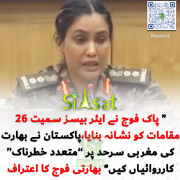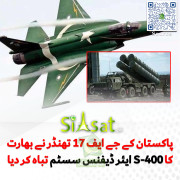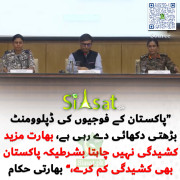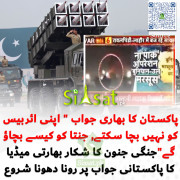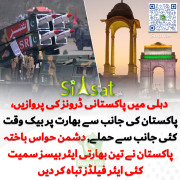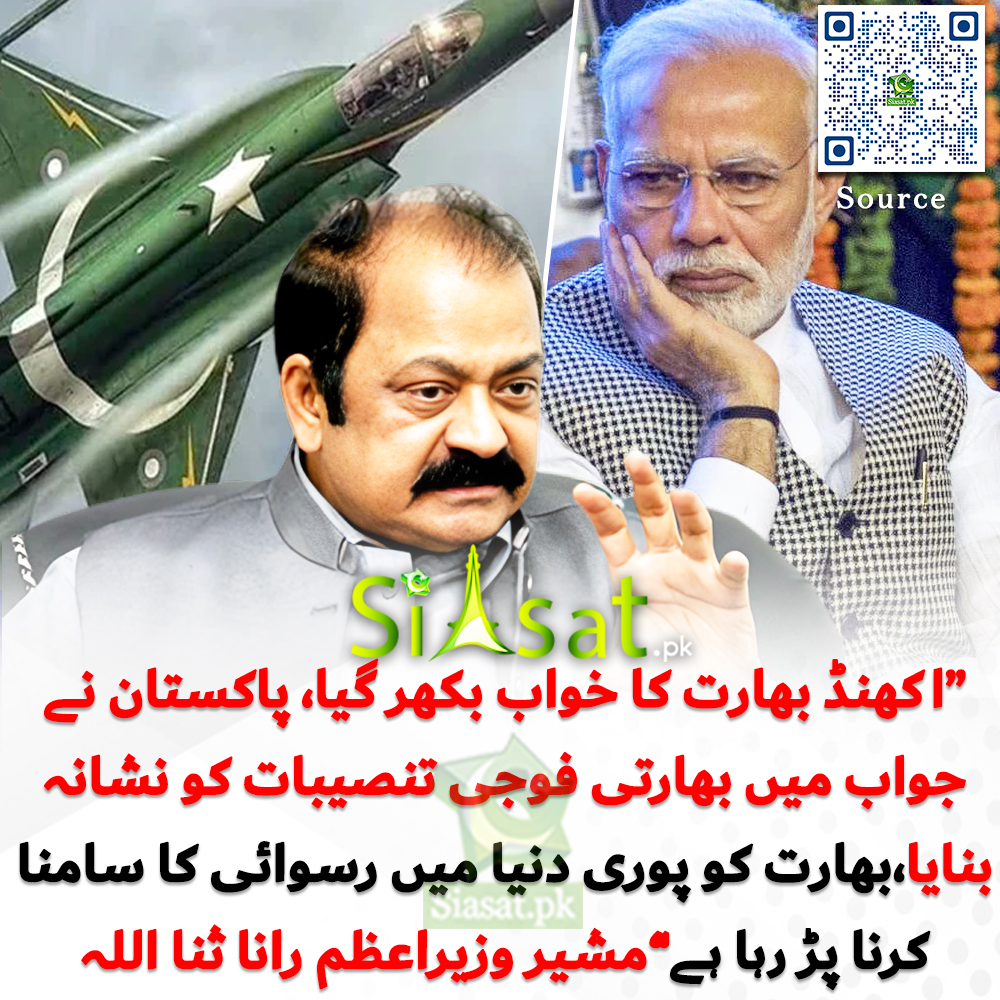digitalzygot
Senator (1k+ posts)
The US Commission on International Religious Freedom, an independent congressionally mandated panel that provides recommendations to the government, said in a statement Wednesday that India's response to attacks on Christians in the eastern state of Orissa in 2008 and against Muslims in western Gujarat state in 2002 was 'largely inadequate.'
The panel had recommended that India be placed on the more serious 'countries of particular concern' list after the 2002 riots, but it was removed in 2005.
In Orissa's Kandhamal district, widespread trouble began in late August last year after the killing of Swami Laxmanananda Saraswati, a hard-line Hindu leader who advocated that Christian converts return to Hinduism.
Police blamed local Maoist guerrillas for the killing, but Hindu militants quickly turned on local Christians and the rampages left at least 40 people dead, thousands homeless and dozen of churches destroyed.
In Gujarat about 1,000 people, most of them Muslims, were killed when Hindu mobs rampaged through Muslim neighborhoods, towns and villages in the state from February to April 2002.
The riots were triggered by a fire that killed 60 passengers on a train packed with Hindu pilgrims.
The religious violence was among India's worst since its independence from Britain in 1947
The Gujarat state government is controlled by Hindu nationalists of the Bharatiya Janata Party who have been accused of not doing enough to stop the violence and at times stoking it. Officials there, however, said they did everything they could to quell the rioting.
'In both Orissa and Gujarat, court convictions have been infrequent, perpetrators rarely brought to justice and thousands of people remain displaced,' the statement said. There was no immediate response from the Indian government.
Countries are placed on the watch list or the more serious 'countries of particular concern' list because their governments either discriminate against people for religious reasons or are unwilling or unable to stop religious violence by their citizens.
The other countries currently on the list are Afghanistan, Belarus, Cuba, Egypt, Indonesia, Laos, the Russian Federation, Somalia, Tajikistan, Turkey, and Venezuela.
The statement added that the panel issues its annual report on religious freedom in May and this year's India chapter was delayed because the Indian government refused to give visas to panel members.
The panel had recommended that India be placed on the more serious 'countries of particular concern' list after the 2002 riots, but it was removed in 2005.
In Orissa's Kandhamal district, widespread trouble began in late August last year after the killing of Swami Laxmanananda Saraswati, a hard-line Hindu leader who advocated that Christian converts return to Hinduism.
Police blamed local Maoist guerrillas for the killing, but Hindu militants quickly turned on local Christians and the rampages left at least 40 people dead, thousands homeless and dozen of churches destroyed.
In Gujarat about 1,000 people, most of them Muslims, were killed when Hindu mobs rampaged through Muslim neighborhoods, towns and villages in the state from February to April 2002.
The riots were triggered by a fire that killed 60 passengers on a train packed with Hindu pilgrims.
The religious violence was among India's worst since its independence from Britain in 1947
The Gujarat state government is controlled by Hindu nationalists of the Bharatiya Janata Party who have been accused of not doing enough to stop the violence and at times stoking it. Officials there, however, said they did everything they could to quell the rioting.
'In both Orissa and Gujarat, court convictions have been infrequent, perpetrators rarely brought to justice and thousands of people remain displaced,' the statement said. There was no immediate response from the Indian government.
Countries are placed on the watch list or the more serious 'countries of particular concern' list because their governments either discriminate against people for religious reasons or are unwilling or unable to stop religious violence by their citizens.
The other countries currently on the list are Afghanistan, Belarus, Cuba, Egypt, Indonesia, Laos, the Russian Federation, Somalia, Tajikistan, Turkey, and Venezuela.
The statement added that the panel issues its annual report on religious freedom in May and this year's India chapter was delayed because the Indian government refused to give visas to panel members.

